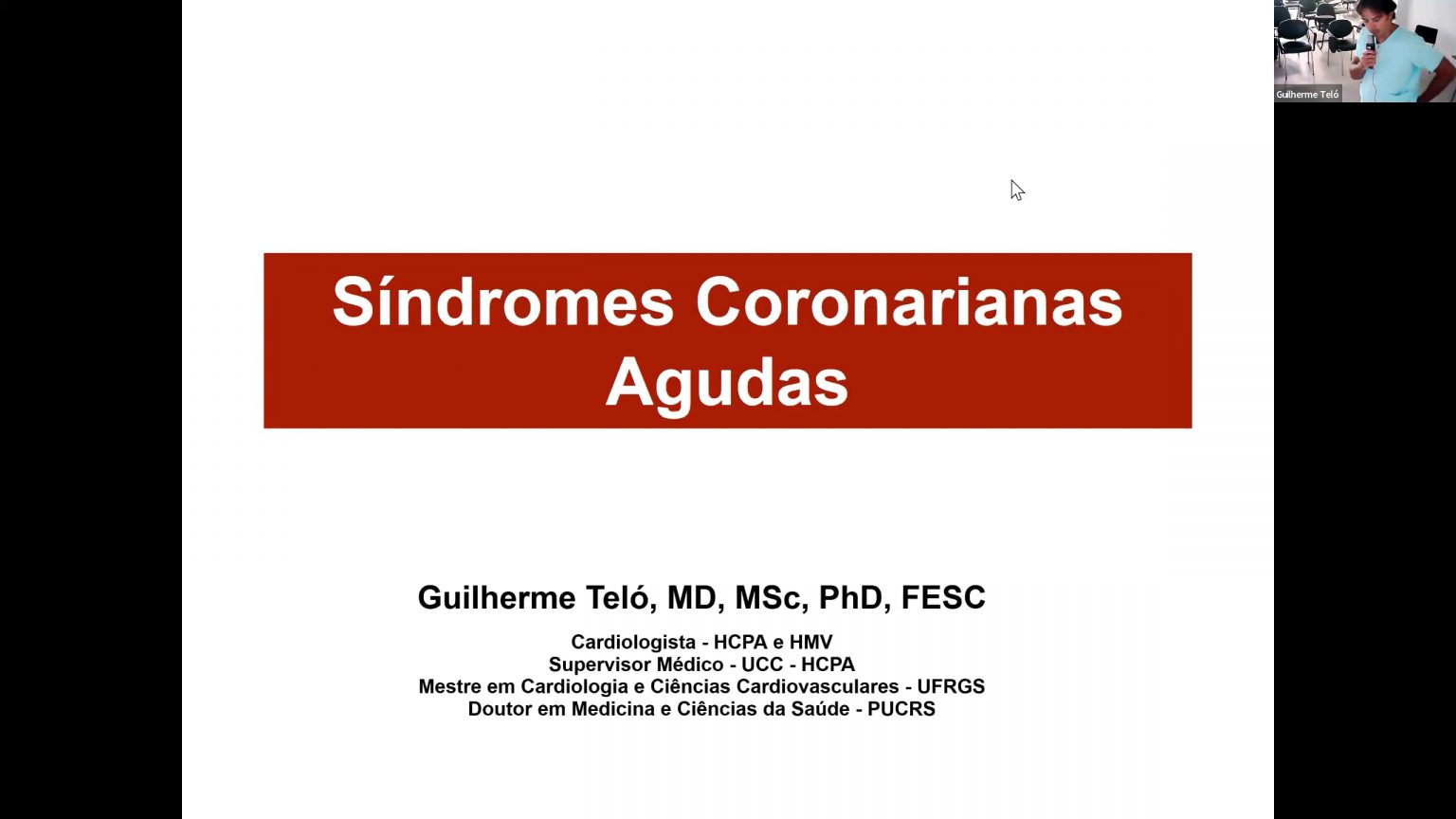Artigo
The Use of Stress Echocardiography in the Assessment of Mitral Valvular Disease
INTRODUCTION
Stress echocardiography plays an important role in evaluating asymptomatic patients with significant mitral stenosis and symptomatic patients with only mild disease at rest, as it correlates the exercise- induced symptoms with changes in transmitral gradients, pulmonary pressures, and mitral valve area. In patients with mitral regurgitation (MR), exercise or dobutamine protocols assess for the change in the degree of regurgitation and the pulmonary artery pressure (PAP) in response to high flow states, and detect underlying left ventricular (LV) dysfunction prior to valvular surgery. Exercise echocardiography also helps in the prognostic assessment of patients with mitral valve prolapse as new MR, or latent LV dysfunction may be provoked to identify a group of high risk individuals with normal resting echocardiographic parameters. Finally, it evaluates the proper functioning of prosthetic mitral valves and helps on the monitoring of transmitral gradients and PAPs after mitral valve surgery. (ECHOCARDIOGRAPHY, Volume 21, July 2004)
Compartilhar em:
Comentários
Cursos Relacionados
0
Conteúdos Relacionados
Comentários
Deixe um comentário Cancelar resposta
Você precisa fazer o login para publicar um comentário.












